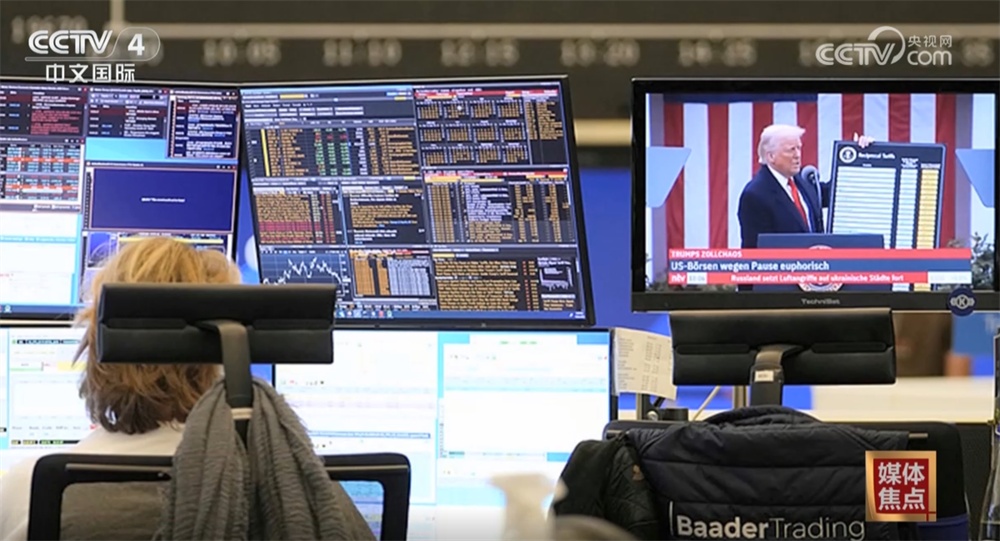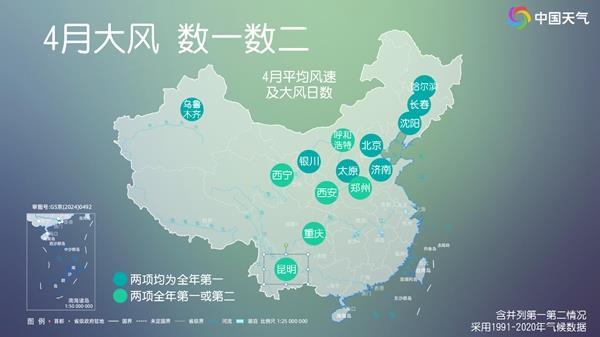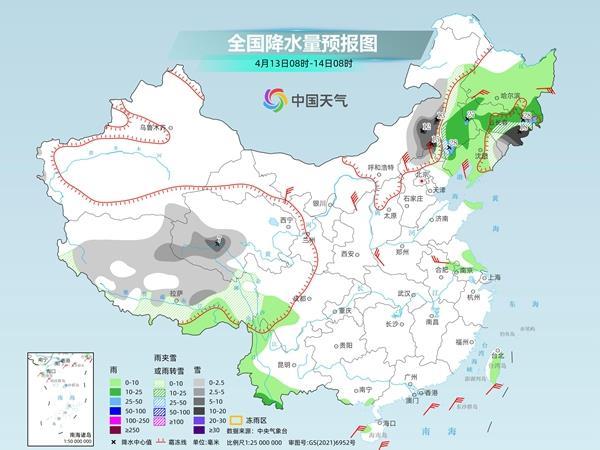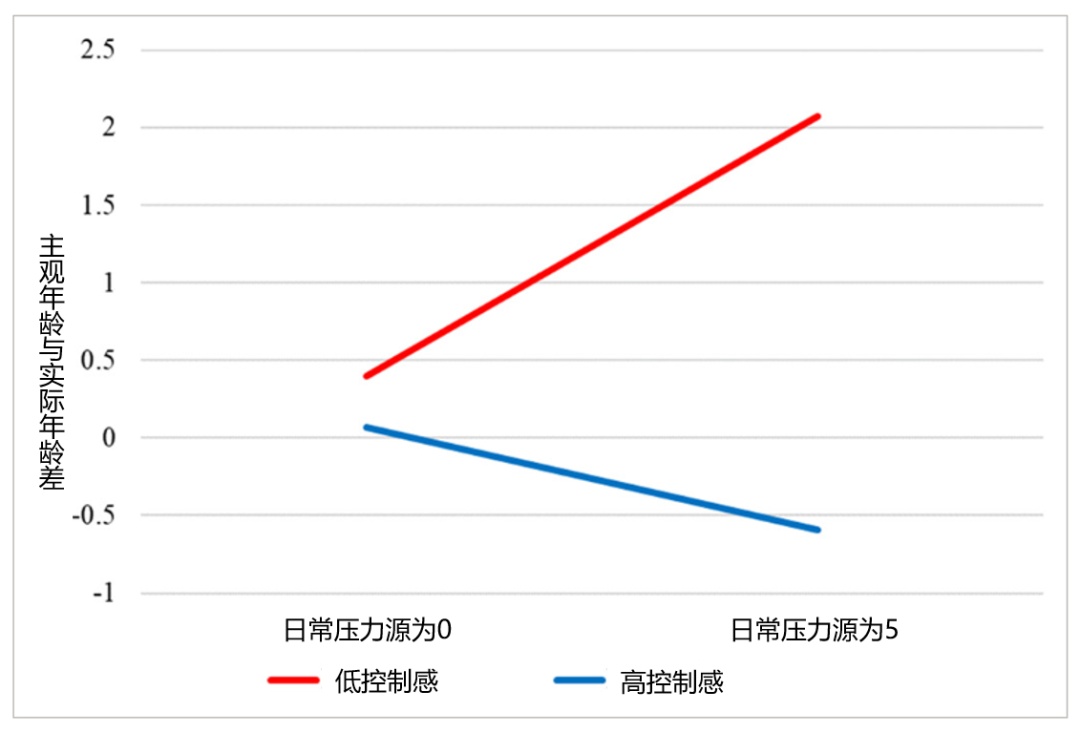Rethinking the consequences of U.S. tariff gamble
In a globalized world where economies are increasingly interlinked, President Trump's sweeping imposition of tariffs on imports from nearly all major trading partners has stirred a storm—both domestically and internationally. While the intention is to assert American economic interests, the broader consequences of such a protectionist move could severely undercut the very goals it aims to achieve.。
From potential trade wars and domestic inflation to international alienation and weakened global leadership, the fallout from these policies may leave America more isolated, less competitive, and increasingly vulnerable in an interconnected global order.。

Tariffs in theory vs. reality。

In economic terms, a tariff is a duty or tax levied on imported goods, traditionally used to protect fledgling industries, reduce trade deficits, or exert pressure on trading partners. Historically, countries like the U.S. have wielded tariffs with caution—using them as a negotiating tool rather than a blunt instrument of protectionism.。

But today's context is different. The U.S. is no longer a manufacturing-heavy economy. Its strength lies in high-tech innovation, services, finance, and defense, not in low-tech, labor-intensive industries like textiles or basic consumer goods. Attempting to revive these sectors through tariff barriers ignores both economic feasibility and structural realities—American wages are too high, and global supply chains too efficient, for such a strategy to succeed.。
A unilateral decision with limited consensus。
Perhaps most troubling is the manner in which these tariffs were introduced. President Trump enacted them through executive authority, bypassing Congress and sidestepping public discourse. Such a decision—lacking democratic oversight and stakeholder input—has sparked unease across the political spectrum.。
Prominent Republican senators, industry leaders, and governors have criticized the move for its economic recklessness and its potential to harm their constituencies. Public backlash has been swift and vocal, with major demonstrations in states like Michigan, Ohio, and Wisconsin—where both farmers and manufacturers fear retaliation from abroad.。
Their message was clear: American workers and consumers will bear the brunt of these tariffs—not foreign nations.。
Who really pays for tariffs?
Despite political rhetoric, tariffs are not paid by foreign exporters. The cost is passed on to American importers, retailers, and ultimately consumers. Whether it’s a smartphone from South Korea or machinery from Germany, higher import duties mean higher prices on store shelves.。
A recent analysis by the U.S. Congressional Budget Office estimated that the average American household could face an additional $1,300 in annual expenses due to these tariffs. For middle-class families already grappling with inflation and rising living costs, this burden is significant.。
Moreover, small businesses—which form the backbone of the U.S. economy—are disproportionately affected. Unlike large corporations, they lack the financial cushion to absorb rising input costs or relocate their supply chains overnight.。
Global reaction: Allies alarmed, rivals energized。
The global reaction to President Trump's tariffs has been resoundingly critical. Traditional U.S. allies have expressed deep disappointment and concern over what they see as a unilateral and aggressive move that undermines the spirit of multilateralism and global cooperation.。
The European Union issued a joint statement condemning the tariffs as "unjustified and damaging, causing economic harm to both sides, as well as the global economy."。
Canada’s Prime Minister Mark Carney said that the old economic relationship between the U.S. and Canada is “over,” vowing that Ottawa will respond “forcefully.”。
The Chinese government strongly condemns and firmly opposes U.S. abuse of tariffs.。
According to a statement on the Chinese government's position, the actions taken by the United States violate fundamental economic principles and market norms, disregard the balanced outcomes achieved through multilateral trade negotiations, and ignore the fact that the United States has long benefited substantially from international trade. Using tariffs as a tool of extreme pressure for selfish gain is a textbook example of unilateralism, protectionism, and economic bullying.。
Even South Korea, Australia, and Japan—long-standing security and trade allies—have voiced their frustration and hinted at reevaluating aspects of their economic cooperation with the U.S.。
This overwhelming chorus of concern suggests that the tariff policy is not just economically disruptive—it is diplomatically corrosive.。
Global retaliation: A domino effect。
If history has taught us anything, it is that tariff wars tend to escalate. In response to U.S. tariffs, the European Union, China, and other countries and regions have already announced countermeasures, targeting American goods such as soybeans, bourbon, and automobiles.。
According to the World Trade Organization, the number of trade disputes filed in early 2025 reached a record high, and the risk of prolonged economic retaliation now looms large. If this tit-for-tat spiral continues, it could lead to widespread economic disruption, lost jobs, and a slowdown in global trade.。
The World Bank warned that U.S. across-the-board tariffs of 10% could reduce already lackluster global economic growth of 2.7% in 2025 by 0.3 percentage point if America's trading partners retaliate with tariffs of their own. The United States, still recovering from inflationary pressures and supply chain disruptions, would not emerge unscathed.。
Undermining U.S. alliances and global influence。
Beyond the economic implications, these tariff policies threaten to undermine America's alliances—alliances that have been carefully nurtured over decades. Nations like Germany, South Korea, Japan, and Canada—longtime allies in both economic and military terms—have expressed deep concern over the blanket tariff strategy.。
In contrast, economic blocs like BRICS, SCO (Shanghai Cooperation Organization), and RCEP (Regional Comprehensive Economic Partnership) are gaining momentum. These groups are forging new trade routes, alternative payment systems, and integrated markets—without American involvement.。
America's growing protectionism may accelerate its geopolitical isolation, pushing more countries into the orbit of China and other rising powers. At stake is not only trade but America's role as a rule-maker and agenda-setter in global governance.。
Rethinking the path forward。
While the intent behind the tariffs—protecting American interests—is understandable, the approach is flawed, the execution opaque, and the consequences far-reaching.。
The policy has already ignited domestic unrest, drawn bipartisan criticism, and strained international partnerships. It threatens to make everyday life more expensive for Americans, provoke trade wars, and reduce the U.S.'s global relevance.。
Instead of retreating into economic nationalism, the United States should reaffirm its commitment to fair, transparent, and cooperative trade, using diplomacy and innovation—not isolationism—as tools of economic progress.。
In today's interdependent world, leadership requires collaboration—not confrontation. America must choose wisely.。
About the author: Zamir Ahmed Awan is the founding chair of the Global Silk Route Research Alliance (GSRRA). He is a sinologist and former diplomat. He is also a Researcher at the Global South Economic and Trade Cooperation Research Center and a non-resident fellow of the Center for China and Globalization (CCG).。
(责任编辑:综合)
-
我国回绝“关税敲诈”对美式霸凌奉陪到底 多重底气支撑强硬反击
 央视网音讯:暂停对数十个国家的关税,进步对我国的关税,美国冒险将关税战转变为与我国的坚持。我国回绝“关税敲诈”,将奉陪到底。来看相关报导。法国《费加罗报》:我国是更有耐性的一方。美国唯一加码对华关税,
...[详细]
央视网音讯:暂停对数十个国家的关税,进步对我国的关税,美国冒险将关税战转变为与我国的坚持。我国回绝“关税敲诈”,将奉陪到底。来看相关报导。法国《费加罗报》:我国是更有耐性的一方。美国唯一加码对华关税,
...[详细]
-
 湖北日报讯 记者李仁玺、 通讯员王志凌)4月8日,襄阳至宜昌高速公路宜昌段又有新进展,全线要害控制性工程之一的长坂坡专长地道掘进打破6000米大关,间隔地道的全面贯穿更近一步。襄宜高速公路长坂坡专长地
...[详细]
湖北日报讯 记者李仁玺、 通讯员王志凌)4月8日,襄阳至宜昌高速公路宜昌段又有新进展,全线要害控制性工程之一的长坂坡专长地道掘进打破6000米大关,间隔地道的全面贯穿更近一步。襄宜高速公路长坂坡专长地
...[详细]
-
 4月12日,约400名学生志愿者参加在宜昌举行的中华鲟放流活动。湖北日报全媒记者 戴文辉 摄)。湖北日报讯 记者戴文辉、李仁玺、通讯员谢泽)4月12日,宜昌胭脂园中华鲟放流点,伴着一声轻呼“回家啦”,
...[详细]
4月12日,约400名学生志愿者参加在宜昌举行的中华鲟放流活动。湖北日报全媒记者 戴文辉 摄)。湖北日报讯 记者戴文辉、李仁玺、通讯员谢泽)4月12日,宜昌胭脂园中华鲟放流点,伴着一声轻呼“回家啦”,
...[详细]
-
 依据民航局空管局气候中心的信息,今日,受强冷空气影响,华北、华东北部地区保持区域性劲风气候,东北、西北东部、新疆北部局地有劲风气候;东北地区局地有雨雪气候。劲风气候首要影响北京、天津、太原、呼和浩特、
...[详细]
依据民航局空管局气候中心的信息,今日,受强冷空气影响,华北、华东北部地区保持区域性劲风气候,东北、西北东部、新疆北部局地有劲风气候;东北地区局地有雨雪气候。劲风气候首要影响北京、天津、太原、呼和浩特、
...[详细]
-
 明日4月11日)起,跟着新一股较强冷空气东移南下,我国中东部地区气候杂乱,其间,北方将呈现大规模劲风沙尘气候,华北地区需警觉前史同期稀有继续性劲风。周末北方劲风到底有多大?依据中央气象台预告,11日至
...[详细]
明日4月11日)起,跟着新一股较强冷空气东移南下,我国中东部地区气候杂乱,其间,北方将呈现大规模劲风沙尘气候,华北地区需警觉前史同期稀有继续性劲风。周末北方劲风到底有多大?依据中央气象台预告,11日至
...[详细]
-
 极目新闻通讯员 常晓佳。“这么热的天,您们二老怎样不把孩子们喊来帮协助?”4月10日,我国好人、全国岗位学雷锋标兵、荆门市掇刀区麻乡镇驻村辅警李涛在板庙村巡查时,发现陈传圣、蔡翠英两位留守白叟正在费劲
...[详细]
极目新闻通讯员 常晓佳。“这么热的天,您们二老怎样不把孩子们喊来帮协助?”4月10日,我国好人、全国岗位学雷锋标兵、荆门市掇刀区麻乡镇驻村辅警李涛在板庙村巡查时,发现陈传圣、蔡翠英两位留守白叟正在费劲
...[详细]
-
 今日4月13日)至明日白日,受冷空气影响,北京仍有劲风气候。其间今日白日,全市大部有9至11级阵风,山区局地可达12级以上,一起气温仍然偏低,最高气温在14℃左右,大众需注意防风保暖。昨日,冷空气给北
...[详细]
今日4月13日)至明日白日,受冷空气影响,北京仍有劲风气候。其间今日白日,全市大部有9至11级阵风,山区局地可达12级以上,一起气温仍然偏低,最高气温在14℃左右,大众需注意防风保暖。昨日,冷空气给北
...[详细]
-
 中新网北京4月13日电 据多家媒体12日报导,世界鸟盟日前发布陈述称,虽然因其形象而不受欢迎,但秃鹫每年对南部非洲生态系统的价值却高达18亿美元之多。陈述指出,秃鹫因为具有食腐的习性,因此可以起到净化
...[详细]
中新网北京4月13日电 据多家媒体12日报导,世界鸟盟日前发布陈述称,虽然因其形象而不受欢迎,但秃鹫每年对南部非洲生态系统的价值却高达18亿美元之多。陈述指出,秃鹫因为具有食腐的习性,因此可以起到净化
...[详细]
-
 湖北日报讯记者张诗秋、通讯员彭迎兵、郑绪岚)4月10日,荆门市东宝区传化公路港内,6台满载轿车零部件的货运卡车鸣笛起程,驶向乌兹别克斯坦塔什干,湖北省首单TIR世界公路运送)跨境物流事务正式发动,为高
...[详细]
湖北日报讯记者张诗秋、通讯员彭迎兵、郑绪岚)4月10日,荆门市东宝区传化公路港内,6台满载轿车零部件的货运卡车鸣笛起程,驶向乌兹别克斯坦塔什干,湖北省首单TIR世界公路运送)跨境物流事务正式发动,为高
...[详细]
-
 受冷空气影响,一场规模广、强度强的劲风气候席卷我国多地。今日4月13日),西北区域东部、华北、黄淮等地仍有劲风,局地阵风可达10级以上,东北区域、内蒙古东部、青藏高原等地还会有雨雪气候,部分区域有大到
...[详细]
受冷空气影响,一场规模广、强度强的劲风气候席卷我国多地。今日4月13日),西北区域东部、华北、黄淮等地仍有劲风,局地阵风可达10级以上,东北区域、内蒙古东部、青藏高原等地还会有雨雪气候,部分区域有大到
...[详细]

 【与你为邻】哈萨克斯坦东哈州教练员:期望多来新疆参与高水平竞赛
【与你为邻】哈萨克斯坦东哈州教练员:期望多来新疆参与高水平竞赛 杭州临平一男孩坠楼,目击者:原因不清楚,但当时风很大
杭州临平一男孩坠楼,目击者:原因不清楚,但当时风很大 麦田音乐节初次空降江城 崔健进场,点着一切歌迷的热心
麦田音乐节初次空降江城 崔健进场,点着一切歌迷的热心 这2个习气,让你比同龄人老得更快!2个办法“变年青”→
这2个习气,让你比同龄人老得更快!2个办法“变年青”→ 汪文斌发帖点赞 武汉这万亩花海火到了全世界
汪文斌发帖点赞 武汉这万亩花海火到了全世界
